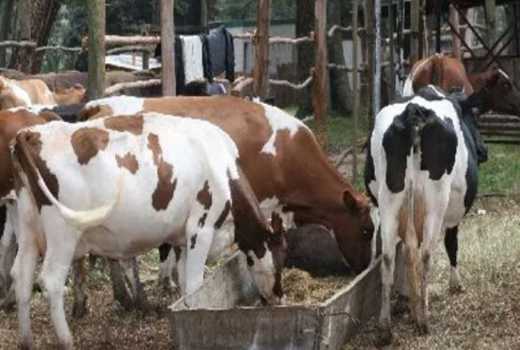×
The Standard e-Paper
Home To Bold Columnists

Recently, I received a distress call from a new farmer who had just set shop in the heart of Kakamega County.
“Daktari, the prime cow I bought from Kapsabet last month is urinating blood!” The panic in her voice was palpable and her frustration evident.